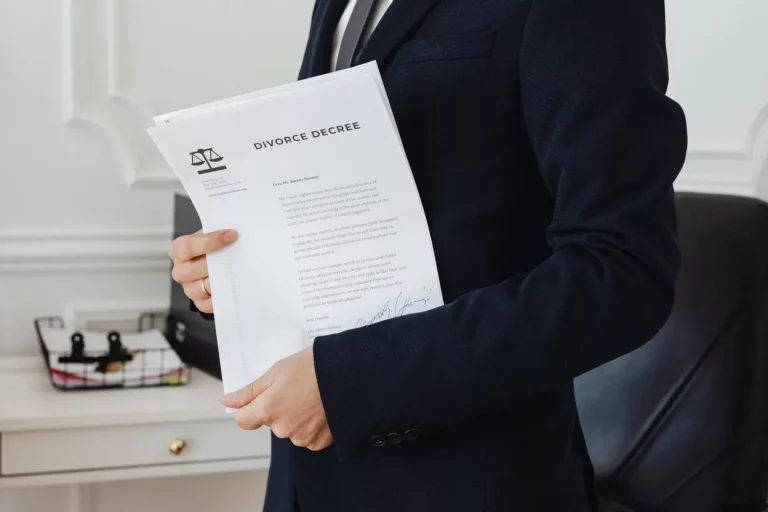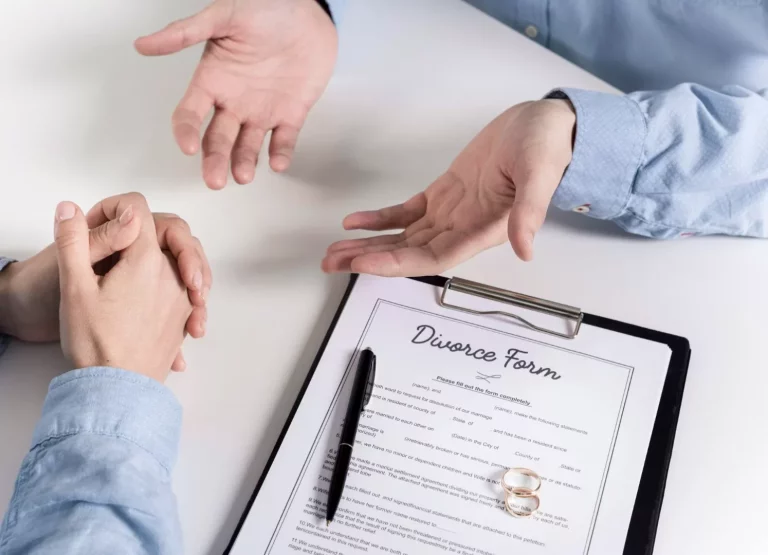How to Get a Divorce in Massachusetts
Ever wondered how to navigate the divorce process in Massachusetts? At TheBostonDivorceLawyer, we are here to guide you through the steps involved. Let us help you understand your rights and options during this challenging time.
On the authority of the Massachusetts Probate and Family Court, to get a divorce in Massachusetts, one must first meet the residency requirements, file a Complaint for Divorce with the court, and attend a hearing to finalize the divorce.
Eligibility
To get a divorce in Massachusetts, either you or your spouse must have lived in the state for at least one year. However, if the reason for the divorce happened in Massachusetts and you both lived there as a married couple, you can file for divorce regardless of how long you’ve lived in the state.
When filing for divorce, you need to have grounds for it. In Massachusetts, you can file for a no-fault divorce, which means the marriage is broken beyond repair, or a fault divorce, which can be based on reasons like adultery, desertion, or abuse.
It seems that, Massachusetts divides marital property fairly but not always equally. The court looks at factors like how long you were married, what each person contributed to the marriage, and how each person behaved during the marriage.
It’s a good idea to talk to a lawyer before filing for divorce. A lawyer can help you understand your rights and guide you through the complex and emotional process.
Filing Petition
This petition starts the divorce process and lists what the spouse asking for the divorce wants.
The petition needs to have key details: both spouses’ names and addresses, when and where they got married, any children they have, and why they are divorcing. In Massachusetts, you can ask for a no-fault divorce because of irreconcilable differences or a fault-based divorce for reasons like cheating, abandonment, or abuse.
You’ll also need to turn in several forms and documents to the court, like a financial statement, a certified marriage certificate, and any agreements about property, child custody, and support. On a serious note, these papers help the court decide on the terms of the divorce.
Once you file the petition, the next steps depend on whether the divorce is contested or uncontested. In a contested divorce, the spouses can’t agree on terms and may need mediation or court hearings. In an uncontested divorce, the spouses agree on all terms and the process is faster and simpler.
To sum up, filing a divorce petition in Massachusetts is the first step to legally ending a marriage. It’s important to follow the court’s rules to ensure a fair resolution to the divorce.
Serving Papers
This is to let your spouse know about the divorce. Someone unrelated to the case, like a sheriff or constable, must deliver the papers in person.
If your spouse agrees to the divorce, they can sign a form accepting the papers. If they don’t agree, you’ll need a more formal method to serve the papers. You can hire a professional to do this, or ask the court for help.
It’s important to serve the papers correctly to keep the divorce process moving. On a serious note, if the papers aren’t served right, the court might not accept the divorce.
After the papers are served, there is a waiting period before the divorce can be finalized. During this time, both sides can respond to the divorce and discuss issues like property division, child custody, and support.
Serving papers is a key step in the divorce process in Massachusetts. Make sure your spouse is properly notified so the legal process can continue.
Negotiating Settlement
This is where you and your spouse talk about and agree on important things like who will take care of the kids, financial support, and how to split your belongings.
During these talks, both of you need to be open and honest about what you want and need. Listen to each other’s concerns and work towards a fair compromise.
Negotiating can be tough since emotions can run high during a divorce. Try to focus on the issues and keep personal feelings out of it. As far as I’m concerned, a mediator or divorce lawyer can help make the discussions go smoother.
When you reach an agreement, make sure to write it down. This document will be given to the court for approval as part of the divorce process. It’s very important to ensure the agreement is fair and follows Massachusetts divorce laws.
Divorce negotiations can be hard and emotional, but it’s a key step in moving on with your life. By being open, getting help when needed, and making sure the agreement is fair and legal, you can successfully get through the process.

Finalizing Divorce
First, one spouse needs to fill out a Complaint for Divorce form and submit it to the Probate and Family Court in their county. This form states the reasons for the divorce, like not getting along or one spouse’s bad behavior.
Once the complaint is filed, the other spouse must be given the divorce papers in an official way. They have a certain amount of time to reply. If both spouses agree on the divorce and its terms, they can go for an uncontested divorce, which is usually faster and cheaper.
Keeping it real, if the spouses disagree on things like child custody, dividing property, or alimony, the court may have to step in to sort these out. Both spouses will need to share financial info and attend court hearings to reach a final deal.
When an agreement is made, a temporary order called a Judgment of Divorce Nisi is issued. After a 90-day waiting period, a final order called a Judgment of Divorce Absolute is given, completing the divorce. At this point, the divorce terms are legally binding.
Anyone going through a divorce in Massachusetts should get legal advice to make sure the process is done right and fairly.
My Final Perspective
Navigating the process of getting a divorce in Massachusetts involves thorough understanding of the legal requirements, completing necessary forms, and potentially seeking legal representation.
What TheBostonDivorceLawyers is advising against is, by familiarizing oneself with the specific steps outlined by the state, individuals can effectively dissolve their marriage in accordance with Massachusetts law.







